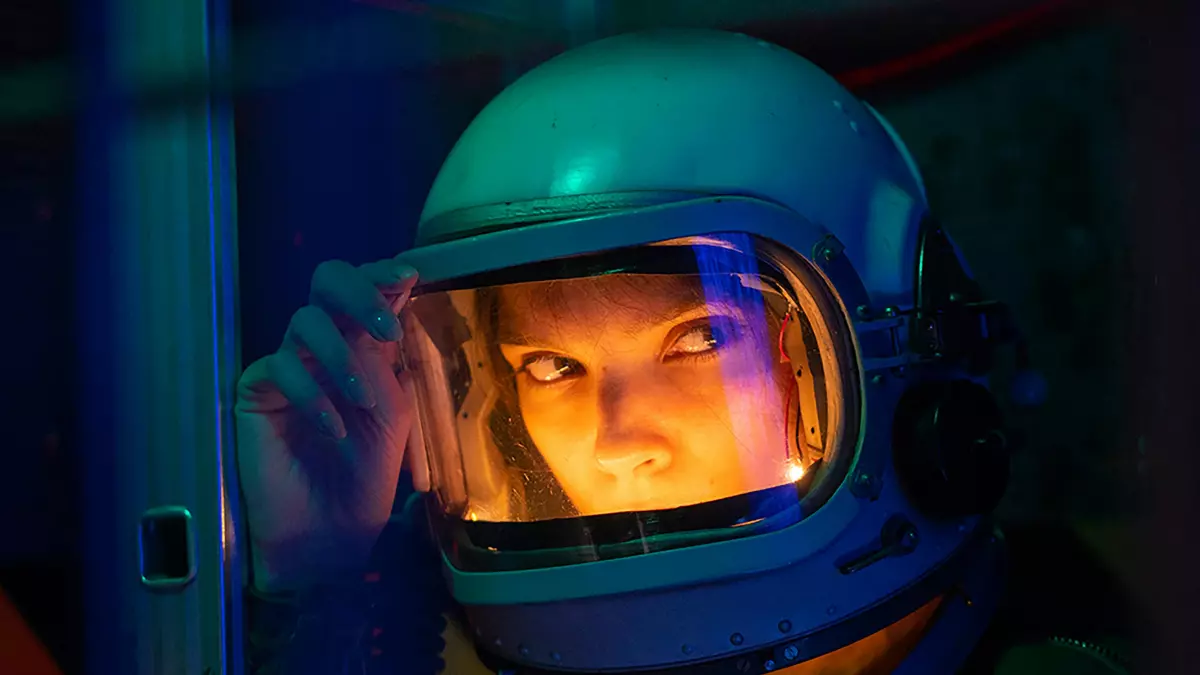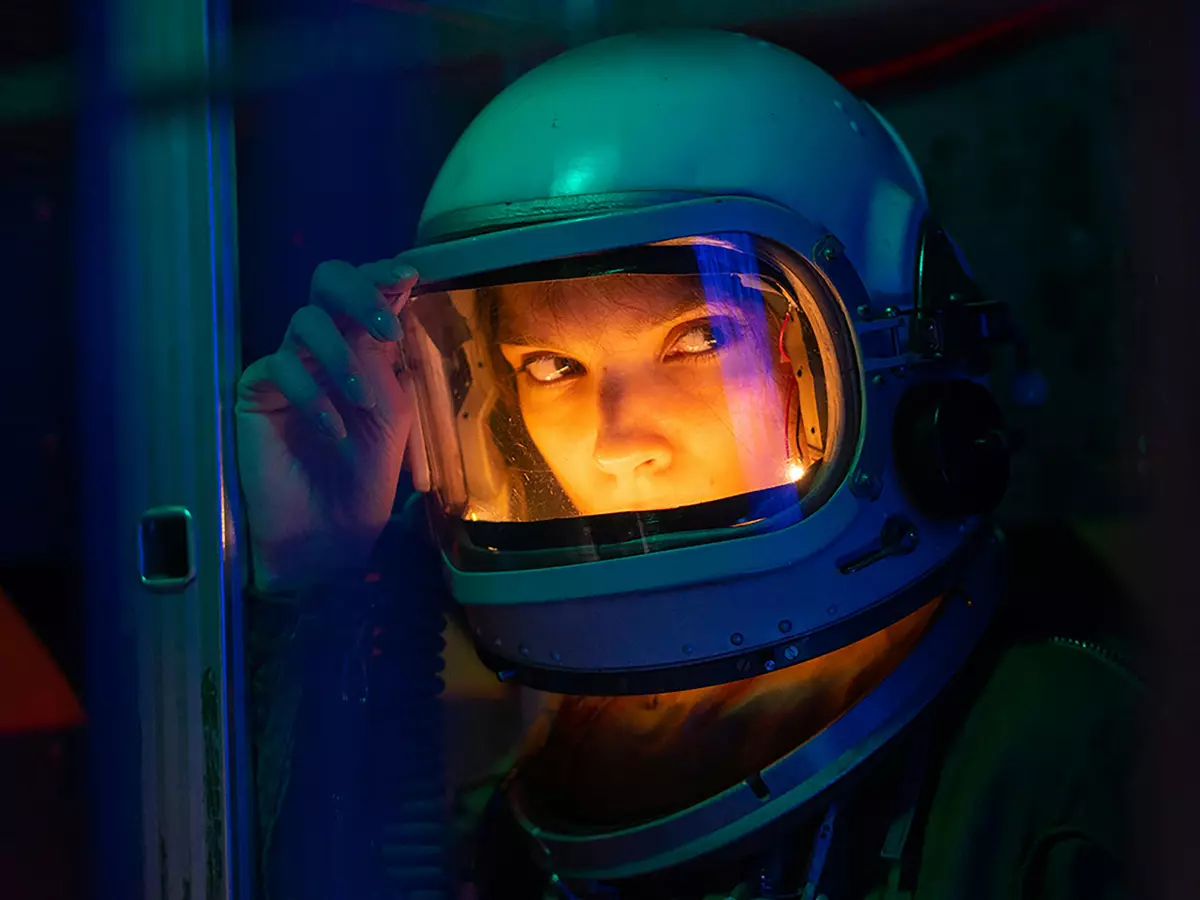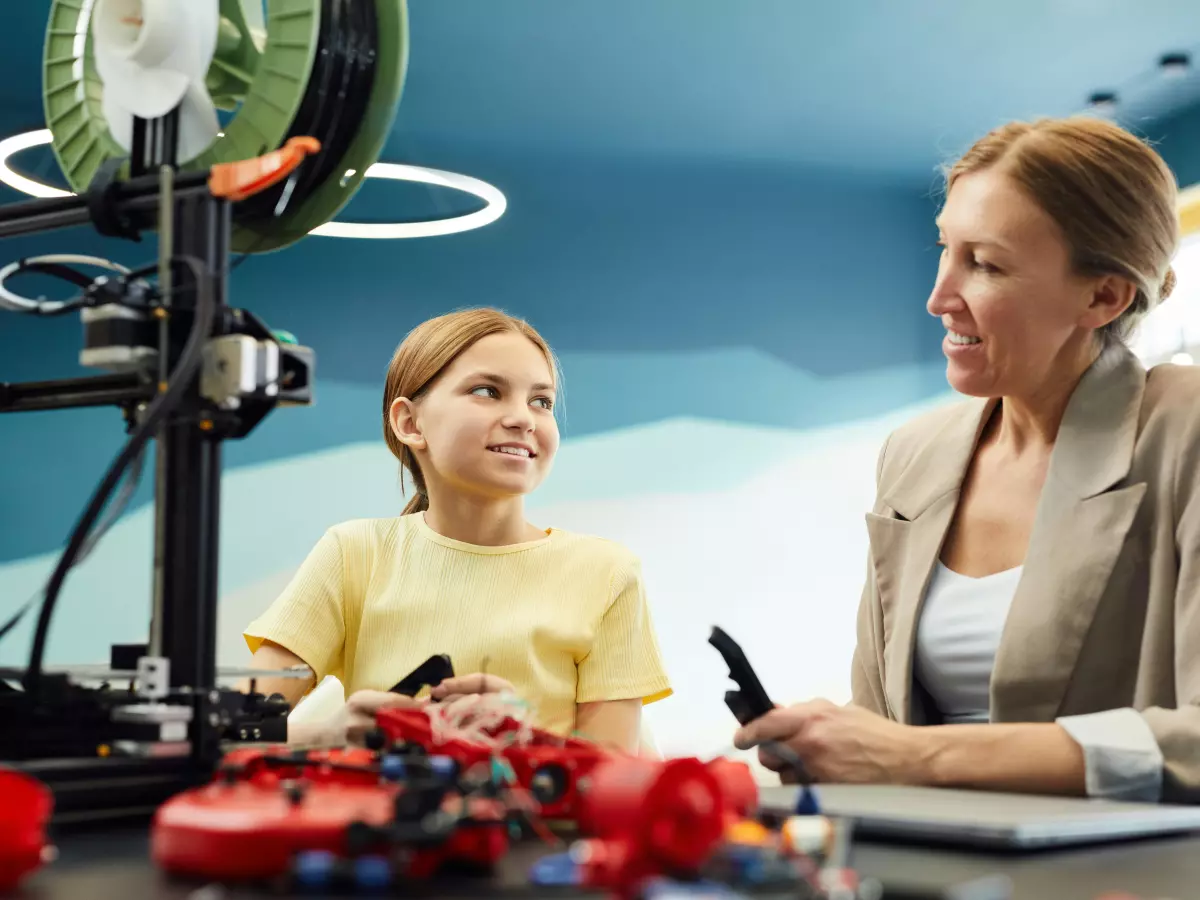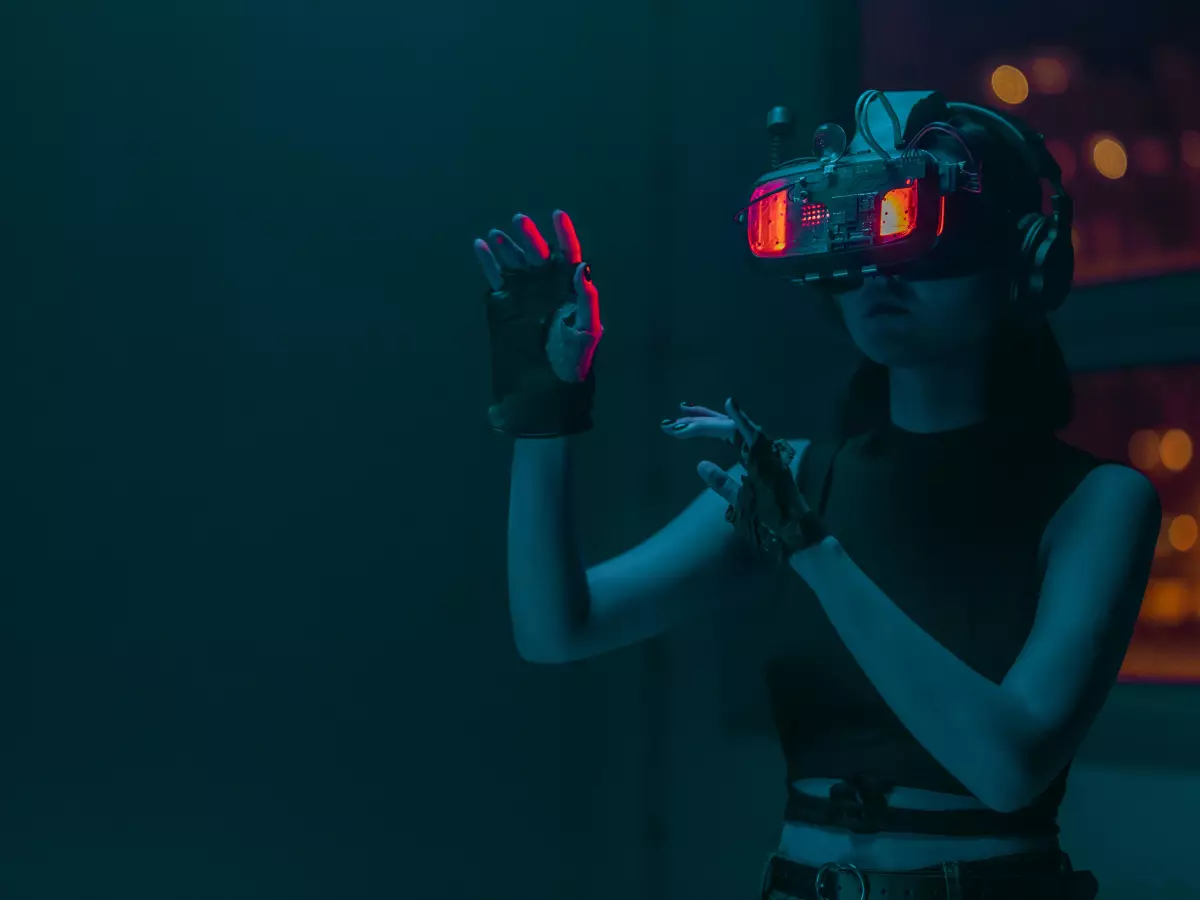AI Meets the Final Frontier
"Imagine if we could predict asteroid trajectories with pinpoint accuracy or map distant planets in hours instead of years," said Dr. Elena Navarro, her eyes lighting up with the kind of passion that makes you believe anything is possible.

By Isabella Ferraro
Space exploration has always been humanity's ultimate dream—a quest to understand the universe and our place within it. From the Apollo missions to the Mars rovers, each milestone has been a testament to human ingenuity and perseverance. But as the cosmos continues to challenge us with its vastness and complexity, the tools we use to explore it must evolve. Enter Dr. Elena Navarro, the woman who's redefining space exploration with artificial intelligence.
Born in Bogotá, Colombia, Navarro grew up stargazing with her father, a physics professor who instilled in her a love for science and the mysteries of the universe. "I remember him pointing out constellations and telling me, 'One day, you'll go beyond them,'" she recalls. That early fascination led her to pursue a degree in astrophysics, followed by a PhD in computational science. But it wasn't just her academic credentials that set her apart—it was her vision.
In the early 2020s, Navarro noticed a glaring inefficiency in how space agencies processed data. "We were drowning in information but starving for insights," she explains. Satellites, telescopes, and rovers were generating terabytes of data daily, but analyzing it was like finding a needle in a cosmic haystack. That's when she turned to AI.
The AI Revolution in Space
Navarro's breakthrough came with the development of an AI-powered system called CelestAI, a platform capable of processing astronomical data at unprecedented speeds. "Think of it as the Google Maps of the universe," she says. CelestAI can identify celestial bodies, predict orbital paths, and even detect anomalies that human eyes might miss—all in real time.
One of CelestAI's first triumphs was its role in mapping Proxima Centauri b, an exoplanet located 4.2 light-years away. Using machine learning algorithms, the system analyzed data from multiple telescopes, piecing together a detailed map of the planet's surface and atmosphere. "What would have taken years took weeks," Navarro notes.
But her innovations didn't stop there. Navarro's team also developed AI models to optimize spacecraft navigation. Traditional methods rely on pre-programmed instructions, which can be risky given the unpredictable nature of space. "With AI, spacecraft can adapt to unexpected challenges, like avoiding debris or recalibrating after a system failure," she explains.
Leadership Beyond the Lab
While Navarro's technical achievements are groundbreaking, her leadership style is equally inspiring. Known for her collaborative approach, she often describes her team as a "constellation of minds." "Innovation doesn't happen in isolation," she says. "It takes a diverse team to tackle problems from multiple angles."
Her commitment to diversity extends beyond her team. Navarro is a vocal advocate for increasing representation in STEM fields, particularly for women and underrepresented minorities. "The universe belongs to all of us," she asserts. To that end, she has launched initiatives to provide scholarships and mentorship programs for aspiring scientists from underserved communities.
Navarro's leadership has also earned her recognition in the tech industry. She's a frequent keynote speaker at conferences, where she discusses not just the technical aspects of her work but also the ethical implications of AI in space exploration. "As we push the boundaries of what's possible, we must also consider the impact of our actions," she cautions. "Are we preserving the cosmos for future generations, or are we exploiting it?"
The Road Ahead
So, what's next for Dr. Elena Navarro? Plenty, it seems. Her team is currently working on integrating quantum computing into CelestAI, a move that could exponentially increase its processing power. "Quantum computing could be the key to solving some of the universe's biggest mysteries," she says, her excitement palpable.
She's also collaborating with international space agencies on a mission to Europa, one of Jupiter's moons. The goal? To use AI to analyze the moon's icy surface for signs of microbial life. "If we find even a single microbe, it would change everything we know about life in the universe," she says.
But perhaps her most ambitious project is still in the conceptual stage: an AI-driven space station capable of conducting autonomous research. "Imagine a lab in orbit, making discoveries 24/7 without human intervention," she muses. "It's not science fiction—it's the future."
As our conversation winds down, Navarro reflects on her journey. "When I look at the stars, I don't just see light—I see possibilities," she says. "And with AI, those possibilities are limitless."
Dr. Elena Navarro may not have gone beyond the constellations her father pointed out, but she's certainly brought us closer to understanding them. And in doing so, she's reminding us that the final frontier isn't just out there—it's also within us, in our endless capacity to innovate and dream.





